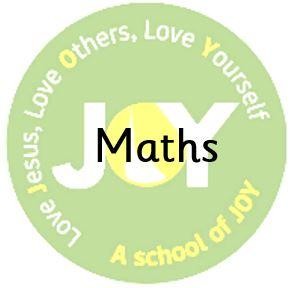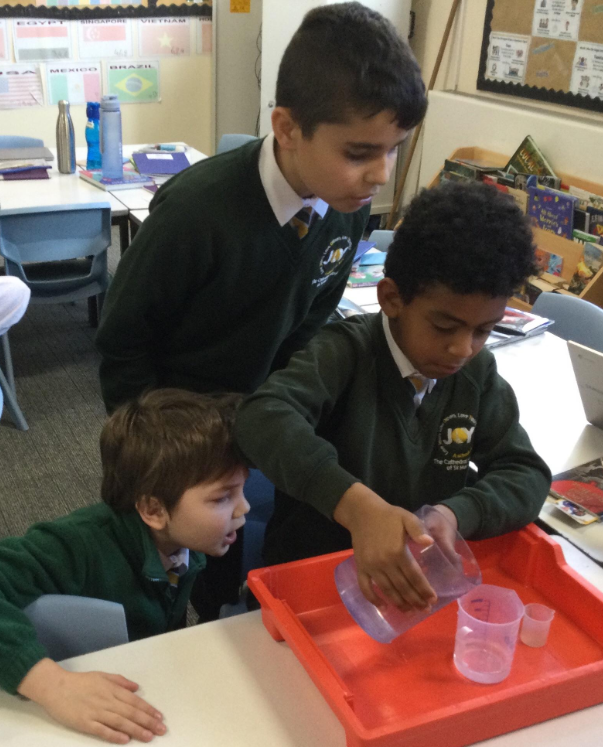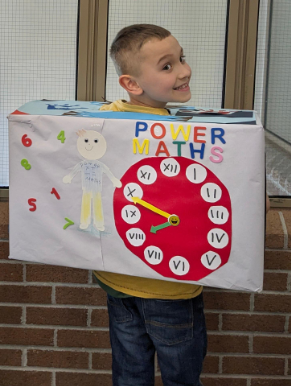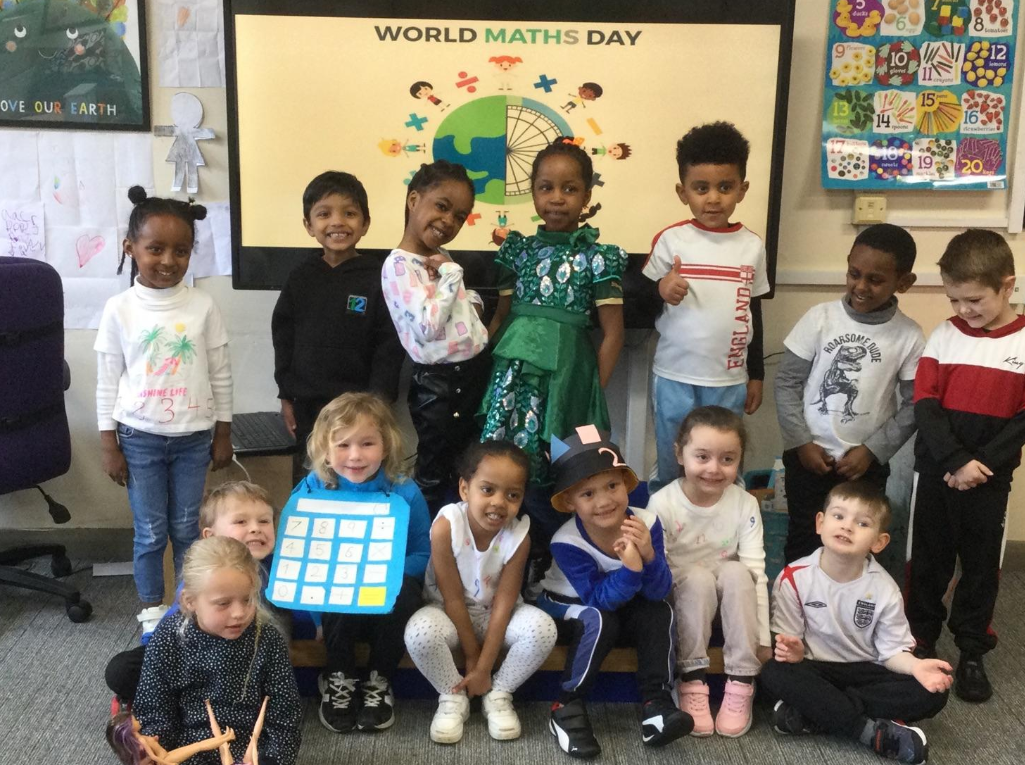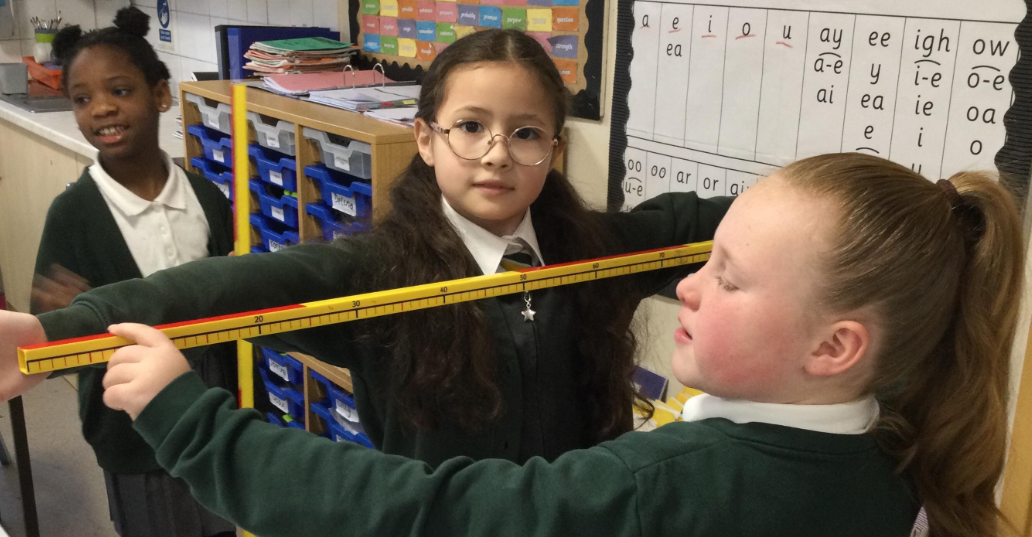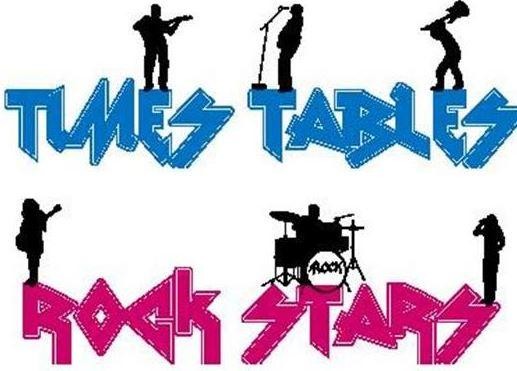Maths at The Cathedral School of St. Mary
Intent
Mathematics is essential in everyday life. We have a strong desire for all children to develop an ability to solve problems, to reason, to think logically, and to work systematically and accurately– all valuable skills that help children to make sense of the world around them. We believe all children should enjoy their math's lessons and that all children can achieve in maths. Offering our children a rich and progressive mathematics curriculum is at the forefront of everything we do. We use a range of learning strategies to allow all our children access and enjoy maths and support them to become confident mathematicians who are able to use high-quality mathematical dialogue in the classroom. Throughout the school, we use our mastery curriculum to develop fluency and deepen thinking; moving through different representations of mathematical ideas so that our children see mathematics as an interconnected subject. Children are guided and supported in developing number skills, graph work and skills relating to shape and measure. We want our children to see the importance and purpose mathematics has in their everyday lives.
Implementation
At The Cathedral School of St. Mary, we passionately believe that mathematics should be fun and rewarding for all children. As such we endeavour to make our work in mathematics engaging for all learners.
Having been a school that followed the White Rose scheme, our curriculum is now mapped by the Power Maths scheme of work which is inline with the Trust's vision. The curriculum is broken down into small manageable steps in order to ensure that each lesson has a clear focus and helps children understand concepts by following a carefully planned sequence of lessons. This avoids the cognitive overload that can occur when too many concepts are covered at once and ensures that each lesson contributes to the long-term goal. Within each lesson, children have the opportunity to acquire, practice, apply and deepen their knowledge and skills as appropriate. Pupils who understand concepts quickly are challenged by being offered rich and sophisticated problems to deepen their understanding. Concepts are revisited over time so that children can reinforce them and embed them into their long-term memory.
When introduced to a new concept, children have the opportunity to follow the concrete – pictorial - abstract approach. Concrete objects and manipulatives help them understand what they are doing. Alongside these, children use pictorial representations that can be used to help reason and solve problems. Concrete and pictorial representations then help support children’s understanding of abstract methods. During maths lessons, children will also have the opportunity to develop their reasoning skills, orally and written. When reasoning, children are encouraged to support their reasoning with mathematical proof.
Our model follows the Power Maths progression within a lesson. This model is designed to enable pupils to “keep up” not “catch up”.
Power Up - Children will complete questions at the start of each of their maths lessons. These are a mixture of questions that allow children to quickly recap and recall information. Teachers will then use additional adults to provide intervention in areas that the children may not yet be confident in. Once the Power Up has been completed, a 'Discover' set of questions allows teachers to quickly identify whether children need an input, independent tasks or further support . Teachers then model the learning using an ‘I do, we do, you do’ approach before pupils are given time to answer questions independently. The teacher then has time to mark the children’s work and group the children based on how they answered the questions. The aim is to give extra support to the children who require it, ensuring all children reach a certain level of understanding by the end of the lesson. This prevents an achievement gap from forming. Whilst the teacher addresses misconceptions with the intervention group, the teaching assistant supports the rest of the class in deepening their understanding of the concept through reasoning and problem solving.
TT Rock Stars is used enthusiastically from Y2 to Y6 with children taking part and competing in a variety of Times Table Rock competitions.

